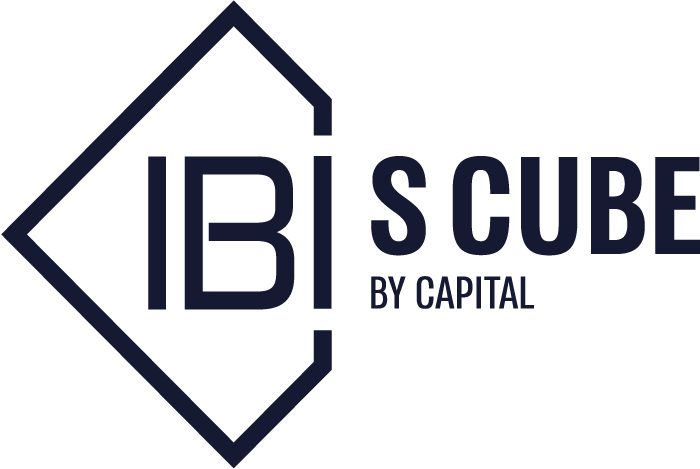What are investors looking for in the current environment, what opportunities have been created, and can the new government grants help? What are the effects of the war on the cyber field in particular, and where do SAFEs and down rounds come in?
Relative to the challenges facing the Israeli economy as a whole, and the technology sector in particular, the performance of Israeli tech firms has been excellent, especially when compared to counterparts in the US. Despite the backdrop of conflict and hurdles encountered by some international investors, the local tech industry continues to exhibit notable strength, garnering confidence from investors. Nevertheless, the global tech downturn has deeply impacted Israeli companies, compounding the strain on the domestic economy during this unprecedented period.
In this climate, securing financing has emerged as a task more difficult than usual for entrepreneurs, prompting crucial questions: What criteria are investors prioritizing in the current landscape? What opportunities have arisen, and how can entrepreneurs capitalize on governmental initiatives aimed at supporting them?
What are investors looking for in the current environment?
When we assess the current state of the technology sector, investors are seeking much the same as they were during the boom of 2021. Even now, their focus remains on backing solid companies poised for growth. However, there’s a notable shift in their approach, driven by a desire to mitigate risks. To achieve this, investors have narrowed down the scope of their investments significantly. This serves a dual purpose: it reduces financial exposure and allows for more selective choices among companies. Essentially, they’re opting for quality over quantity. It’s far easier to assess and invest in, say, two low-risk companies from a pool of options than it is to spread investments across ten similar-risk ventures.
These adjustments ripple out, further minimizing risk. With demand for investment outweighing supply, investors now have the luxury of time to conduct thorough due diligence. This contrasts sharply with the frenzy of late 2021, where investors were under pressure to sign fast or else lose out on deals entirely. Time allows for a clearer understanding of potential pitfalls and advantages in an investment. Finally, investments are being made at lower valuations. While this might seem counterintuitive, it sets the stage for potentially higher returns. Lower initial valuations mean there’s more room for growth, increasing the return on investment.
What opportunities were created?
As discussed, the current landscape offers many opportunities primarily favoring investors, stemming from the disparity between investment supply and demand. This setting empowers investors to be discerning and conduct more thorough evaluations of potential investment targets. It’s important to note that while prices have declined, the primary opportunity arises from decreased investment risk. If a company boasts a strong team and product, returns are likely. In essence, the risk of investing in an unsuccessful venture, resulting in a write-off, is more serious than the risk of investing in a successful company at too high a price, which typically yields lower returns.
Undoubtedly, this scenario isn’t ideal for companies; however, it also presents opportunities for successful ones. With fewer investments available, successful companies can anticipate reduced competition. Furthermore, a pivotal shift in the technology sector is the move from a growth-centric approach to prioritizing rapid transition to profitability. While this transition was anticipated by the end of 2021, its realization occurred approximately a year later than expected.
How to take advantage of concessions given by the authorities?
As a response to the adverse impacts of the “Swords of Iron” war on the local economy, the government has initiated measures to bolster the technology sector. One of these initiatives involves the launch of new pathways by the Innovation Authority, aimed at incentivizing investment in companies while mitigating risk for investors. A notable addition is the introduction of a rapid grant avenue, totaling NIS 400 million, tailored for companies facing imminent financial difficulties. Operating within the framework of the R&D fund, this channel targets innovative technology firms with a runway of up to six months, providing financial support of up to $7.5 million until the next funding round.
The effects of warfare on the cyber domain
Cybersecurity has long been prominent within the technology sector, predating the onset of the recent conflict. As technology becomes important in more industries – a trend that has persisted for years with no signs of abating – the need to safeguard new software becomes increasingly critical. This includes software employed in diverse sectors such as public transportation, automotive computing, and business management. Since the outbreak of the conflict, the significance of cybersecurity has surged to unprecedented levels.
Recent research conducted by S Cube, which specializes in high-tech company valuations, underscores the heightened importance of cybersecurity. Among the key findings of S Cube’s latest study is that cybersecurity emerged as one of the top three areas for fundraising rounds in 2023. Following a slight decline in 2022 to approximately 14% of fundraising rounds, cybersecurity rebounded in 2023 to constitute roughly 19% of fundraising activities. Although there has not yet been a formal study tracking transaction rates in the field since the beginning of the year, there’s been a noticeable uptick in cybersecurity transactions of late, suggesting a continued strengthening trend in the field.
The scope of SAFE and down round agreements
When a company finds itself at a critical juncture, teetering between survival and closure, entrepreneurs often entertain proposals they might otherwise dismiss. Meanwhile, investors aim to secure the most favorable terms to maximize their value. Against the backdrop of the current global crisis affecting the technology sector – unrelated to the difficult situation in Israel – the popularity of SAFEs (Simple Agreement for Future Equity) has increased. The issue of valuation caps in these agreements has also garnered heightened attention.
In the past, entrepreneurs frequently disagreed with the valuation cap stated in their SAFE, viewing it as much higher than the company’s true value. However, nowadays, it’s increasingly common for entrepreneurs to accept the valuation cap as reflective of their company’s value.
Despite the uptick in down rounds – defined here solely in economic terms as capital raised at a reduced valuation, or with improved terms for investors such as increased interest, investment multipliers, warrant additions, etc. – the phenomenon hasn’t become ubiquitous. While the prevalence of down rounds has increased compared to previous years, companies that do secure funding often do so at slightly higher valuations than in their previous rounds. This suggests that widespread down rounds have yet to materialize.
The bottom line
During crises, companies find themselves compelled to explore more creative financing avenues and embrace a broader range of investors – a sentiment echoed among those entrenched in the venture capital scene. The landscape has shifted. Money used to flow freely, but now it comes with a price tag. This shift is a key driver behind the downturn in the global technology sector.
In the past, when money was abundant and interest rates hovered near zero, entrepreneurs wielded significant power, and investors vied for their favor. Today, the tables have turned, with investors holding sway and entrepreneurs needing to court them. However, amidst these challenges, investors’ primary focus remains unchanged: identifying companies with strong teams and promising products. Therefore, if you have the right team and a product with potential, investment prospects are still favorable, even in these trying times.
What is said in this article is provided for informational and general purposes only. The aforementioned does not constitute “investment consulting” and/or “investment marketing” as defined in the Law on the Regulation of the Practice of Investment Consulting, Investment Marketing and Investment Portfolio Management, 1995 and/or a substitute for the above and/or a substitute for legal, financial, taxation advice, financial or any professional and personal advice. The S-CUBE company and/or the IBI group and/or any of the group companies will not be responsible for any loss or damage caused to any third party due to reliance on the above information.



